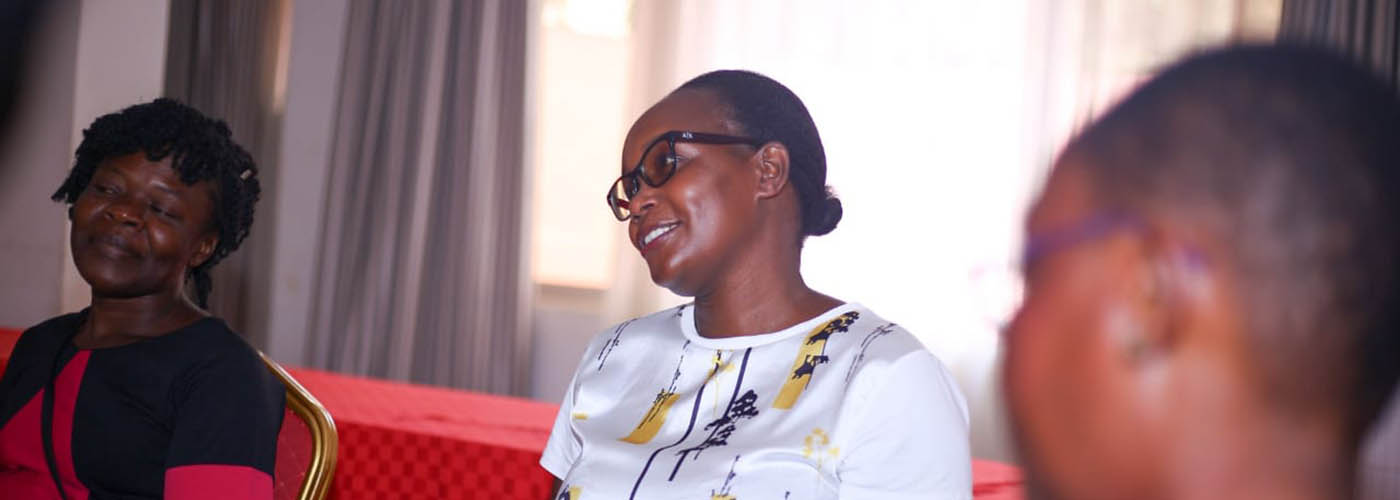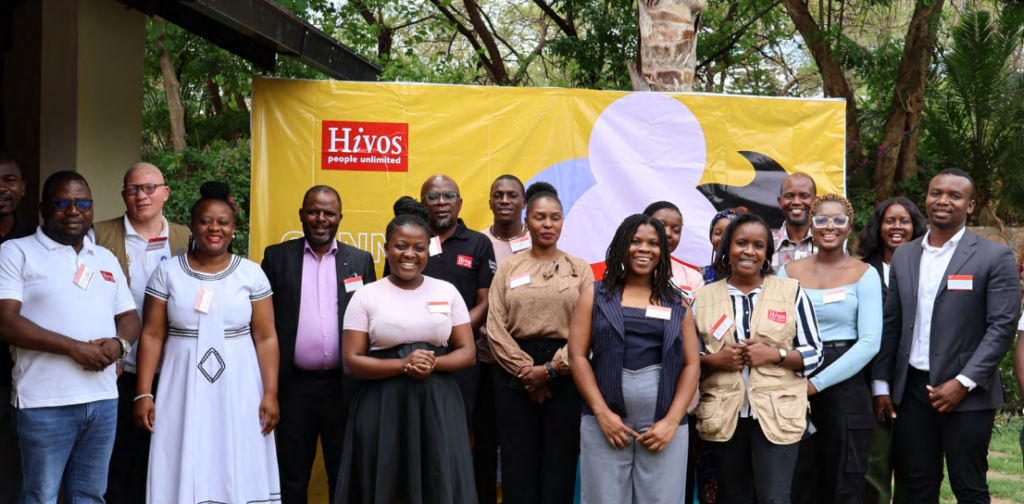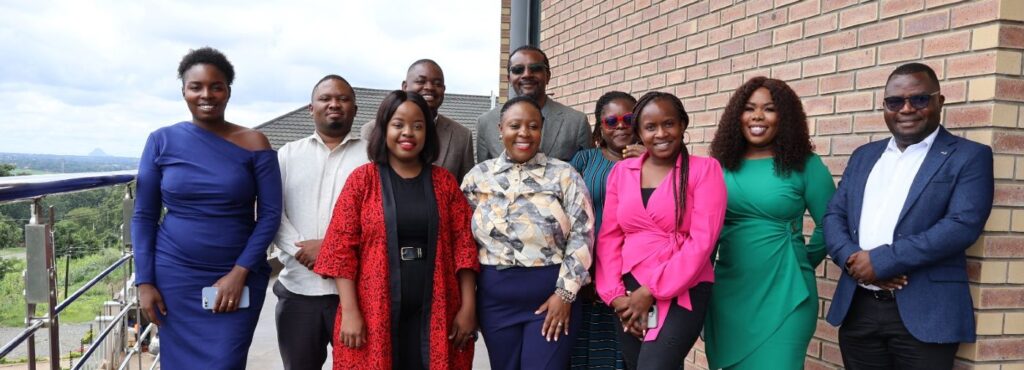In the lead up to documenting the voices of parents of LGBTIQ+ Kenyans, Free to Be Me partners GIN and Sogi Campaigns conducted dialogue sessions with parents and allied faith leaders. The aim was to help address harmful attitudes and behaviours with deep roots in religion and culture and also to create an environment in which parents could then tell of their journey towards being supportive of their LGBTIQ children. Nyawira Mokeira (pseudonym) was one of the consistent participants in the sessions.
Nyawira Mokeira has become a pillar of strength for parents of LGBTIQ+ teenagers, playing a vital mentor role. She has taken her advocacy beyond her immediate community, facilitating discussions and offering support to other parents who are struggling to reconcile with their children’s sexual orientation. One of her key initiatives has been the creation of a WhatsApp group for LGBTQ+ parents and caregivers, providing a safe space for them to share, connect, and uplift one another during difficult times.
“As a parent, you may think you have it all figured out,” Nyawira reflects, “but when you step out, a single remark from someone can pull you down. That’s why it’s so important to have someone who can hold you up—someone you can reach out to, encourage, and share with.”
Nyawira’s role goes beyond support through the WhatsApp digital space. She makes time to personally check in on individual parents, offering guidance, emotional support, and even prayer.
“There are times when I call a parent just to find out how they are doing,” she says. “We talk about their challenges, and if they need help, we figure out ways to support each other. We also pray together—it strengthens our bond and gives us hope.”
Her thirst for knowledge has been key in supporting other parents. Nyawira is constantly researching, eager to build on the insights she gained from the dialogue sessions.
One of Nyawira’s most impactful success stories involves a single mother and her daughter, who had been excommunicated from their church due to the daughter’s gender nonconforming behaviour. Hurt and angry, the mother had thrown her daughter out of their home, and their relationship had deteriorated to the point where the daughter would only sneak into the house when the mother was away, just to eat before slipping back out.
Nyawira stepped in, reaching out to another church that welcomed gender and sexual minorities. She worked patiently with mother and daughter, helping them reconcile and eventually bringing the daughter back home.
“Reconciliation and acceptance is a journey,” Nyawira emphasizes, “it’s not something that happens overnight. But they’ve started talking and opening up to each other, and that’s a huge step.”
Nyawira’s influence extends further. She has also supported another mother whose lesbian daughter faced taunts and insults from their neighbours. Initially, the mother’s reaction was anger, often resorting to violence in defence of her daughter. Nyawira counselled her, advising that responding with violence would only fuel the negativity.
“You don’t need to react,” she told her. “Show them that you don’t care about their remarks. Hold your daughter’s hand and walk with her. Let them talk.”
Now, that mother’s home has become a refuge, a place where not only her daughter but two other LGBTIQ+ girls feel safe and accepted. They frequently gather in her home, finding solace in the company of someone who truly understands. Nyawira credits her success to the knowledge and tools provided by HelpHeal Foundation and GIN training and education.
“The process helped me understand myself and my child better, which in turn has enabled me to help other parents on this same journey.”
Nyawira Mokeira
Through her compassion and wisdom, Nyawira has turned her own experience into a powerful force for reconciliation, acceptance, and love within families of LGBTQ+ individuals.




